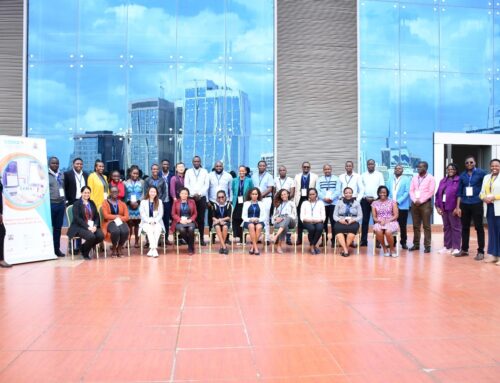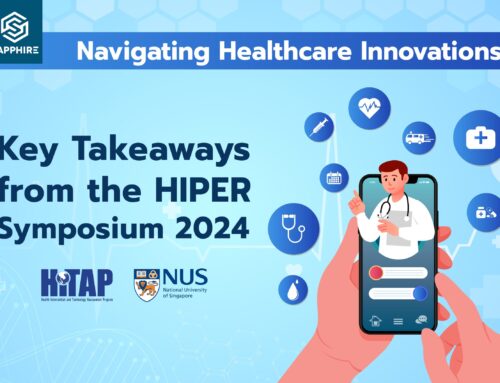My first trip to India was to participate in a workshop on health technology assessment (HTA) organized by the Jawaharlal Institute of Postgraduate Medical Education and Research (JIPMER) and the Health Intervention and Technology Assessment Program (HITAP) in Puducherry, India on 3-5 October 2019. This workshop was an opportunity that I’ve been excited about for quite a long time. I completed my Ph.D. training from Erasmus University Rotterdam, Netherlands, in 2018, focusing on quality of life measurements – primarily through EQ-5D questionnaires. However, this was my first formal training where the EQ-5D is the recommended tool to measure health-related quality of life (or so-called ‘utility’) to be used in a cost-effectiveness study for HTA. It is like I learned how to develop the tool (EQ-5D) but never learned, let alone experience, how the tool is used in practice, in HTA. This workshop was especially relevant to me due to the rapid developments in the field of HTA in Indonesia – my home country – allowing me to increase my understanding of and involvement in the studies being carried out.
The workshop itself was very stimulating. All aspects of HTA were presented, discussed, and practiced hands-on. Experts lectured us on how to select appropriate research question(s) using a PICO approach, on systematic review and meta-analysis, outcome measurement, cost measurement, budget impact analysis, and real-life case studies on the use of HTA in India. Although it brought sweat and tears, I enjoyed the modeling part the most, in particular learning about the use of decision tree and Markov models. Through these hands-on exercises, I improved my understanding of (i) the importance of designing the model correctly, and (ii) the limitations and assumptions being made when modelling. One quote that was frequently mentioned by Dr. Wanrudee Isaranuwatchai during the training, “All models are wrong, but some are useful”, especially stuck with me.
Dr. Fredrick Purba (3rd from the left) with the teaching faculty members at JIPMER HTA workshop
I was also happy to finally meet Dr. Sitanshu Kar from JIPMER in person. Dr. Kar was one of the faculty members in the workshop and is also involved in the Indian EQ-5D-5L valuation study, a national study aiming to produce a country-specific value set for using the EQ-5D-5L questionnaire. I had been working with Dr. Kar’s team (through a request from the EuroQol Group) to assist with reviewing the quality of the data obtained. After many Skype calls, meeting him face-to-face and discussing work and non-work-related matters was great!
As for the next steps, I am now involved in the HTA unit of UNPAD. We are currently conducting an HTA study in collaboration with the HTA Committee in the Indonesian Ministry of Health. This hands-on experience was a perfect opportunity for me to implement the knowledge and skills obtained from the workshop. I am thankful to HITAP, who is continuously providing capacity building support for our HTA unit in UNPAD.
I am looking forward to attending future advanced HTA workshops planned by HITAP.
The author works at the Faculty of Psychology, Universitas Padjadjaran (UNPAD) in Indonesia and developed the Indonesian EQ-5D-5L value set. His participation in the HTA workshop was supported by the Access and Delivery Partnership (ADP).




